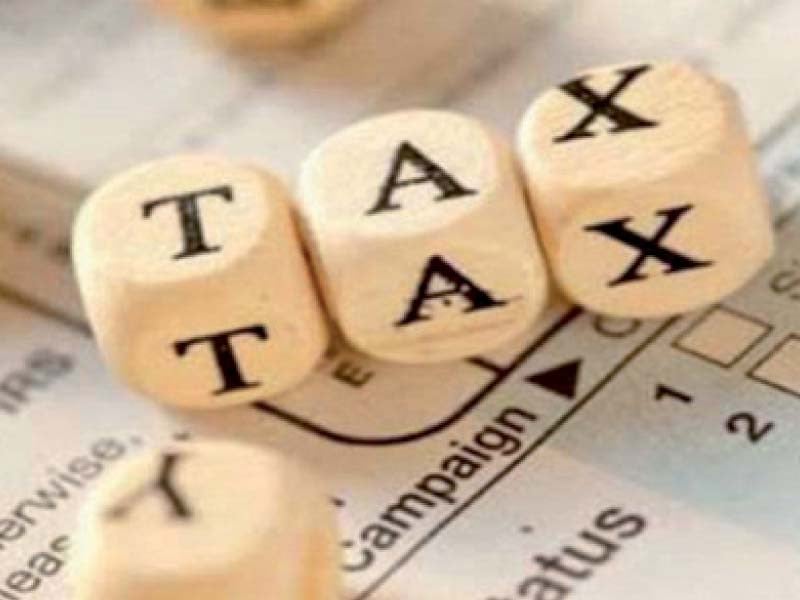Investigations conducted by the Federal Board of Revenue have shown that among the candidates running for national and provincial assembly seats, one-third were found to have either not filed income tax returns in the past three years or to have been unregistered.

A major problem in Pakistan is the widespread non-tax culture, which is shown by the large numbers of unregistered and non-filers who are running for public office.
Approximately 4,200 candidates did not submit income tax forms for any of the three most recent fiscal years (2021/2022, or 2023), according to official data.
There were also a little under 5,000 individuals who were not registered with the tax authorities, according to the sources.
No comments were provided by FBR spokesperson Afaque Qureshi.
Data pertaining to around 28,000 individuals who had filed nomination papers to participate in the elections that took place on February 8th had been made public by the Election Commission of Pakistan.
The sources told us that out of that number, 9,200 were either not registered with the FBR or were registered but failed to file taxes for any of the previous three years. One third of the applicants are not in compliance with Pakistan’s tax rules.
Registration with the FBR and tax return filing are mandatory under the Income Tax Ordinance for everyone with an annual income of Rs600,000 or who owns a 1,000cc automobile.
A campaign targeting those who did not file has already been launched by the government.
Last week, FBR Chairman Amjad Zubair Tiwana announced that the agency will begin punishing non-filers by cutting off their utilities and mobile phone service.
The FBR asked the Pakistan Telecommunication Authority (PTA) to form a liaison committee to block the SIM cards of people who don’t file taxes on Tuesday.
When asked if they could run in the main election without filing income taxes, the secretary of the Election Commission could not provide a response.
All candidates were required to submit their most recent three years’ worth of tax records as part of the ECP’s election rules.
On Monday, the ECP released a breakdown of the number of candidates who filed nomination papers for the general elections, as well as the number of papers that were accepted and rejected. Multiple nomination papers were submitted by several candidates.
During the examination process, the returning officers rejected approximately 3,204 nomination papers. It was unclear why certain people were rejected.
There would be thousands of candidates running for office despite breaking the law, considering that 9,200 of them were not paying their fair share of taxes.
A total of 6,449 people, 6,094 of whom were men and 355 of whom were women, had their nomination papers recognized for the National Assembly seats by the election board. During the inspection process, the returning authorities rejected the papers of 1,024 candidates for NA seats, 934 of whom were men and 90 of whom were women.
Of the 18,478 candidates—17,670 men and 808 women—submitted papers for consideration by the ROs designated by the electoral authority, 16,262 were authorized for the four provincial assemblies.
As far as we can tell, the FBR has also brought to light over 1,100 candidates’ outstanding tax liabilities, which they were required to settle before to having their candidacy credentials accepted.
Their estimates put the amount collected from these candidates at between Rs5.5 billion and Rs6 billion.
Some of the candidates may have been dishonest about their wealth in the past, since the recoveries included changes to their previously submitted tax returns and wealth statements.
Taxes paid by these candidates in 2019 were significantly more than the combined income taxes paid by 392 senators and members of the national assembly.
In 2022, the FBR provided lawmakers with their tax information for the year 2019, in its tax directory.
Despite reporting a combined income of Rs11 billion in 2019, 392 lawmakers in the National Assembly and Senate paid a pitiful 576 million rupees in taxes. Compared to the typical maximum tax rate of 35% for salaried individuals, this indicates that the legislators paid a significantly smaller amount of 5.2% of their income.
A decrease of 28% was seen in the 392 lawmakers’ tax payments, which totaled Rs576 million as opposed to Rs800 million the previous year.
It is paradoxical that the returning officials have approved the paperwork of non-filers and unregistered individuals but rejected that of candidates who were in default but had filed their paperwork.










































